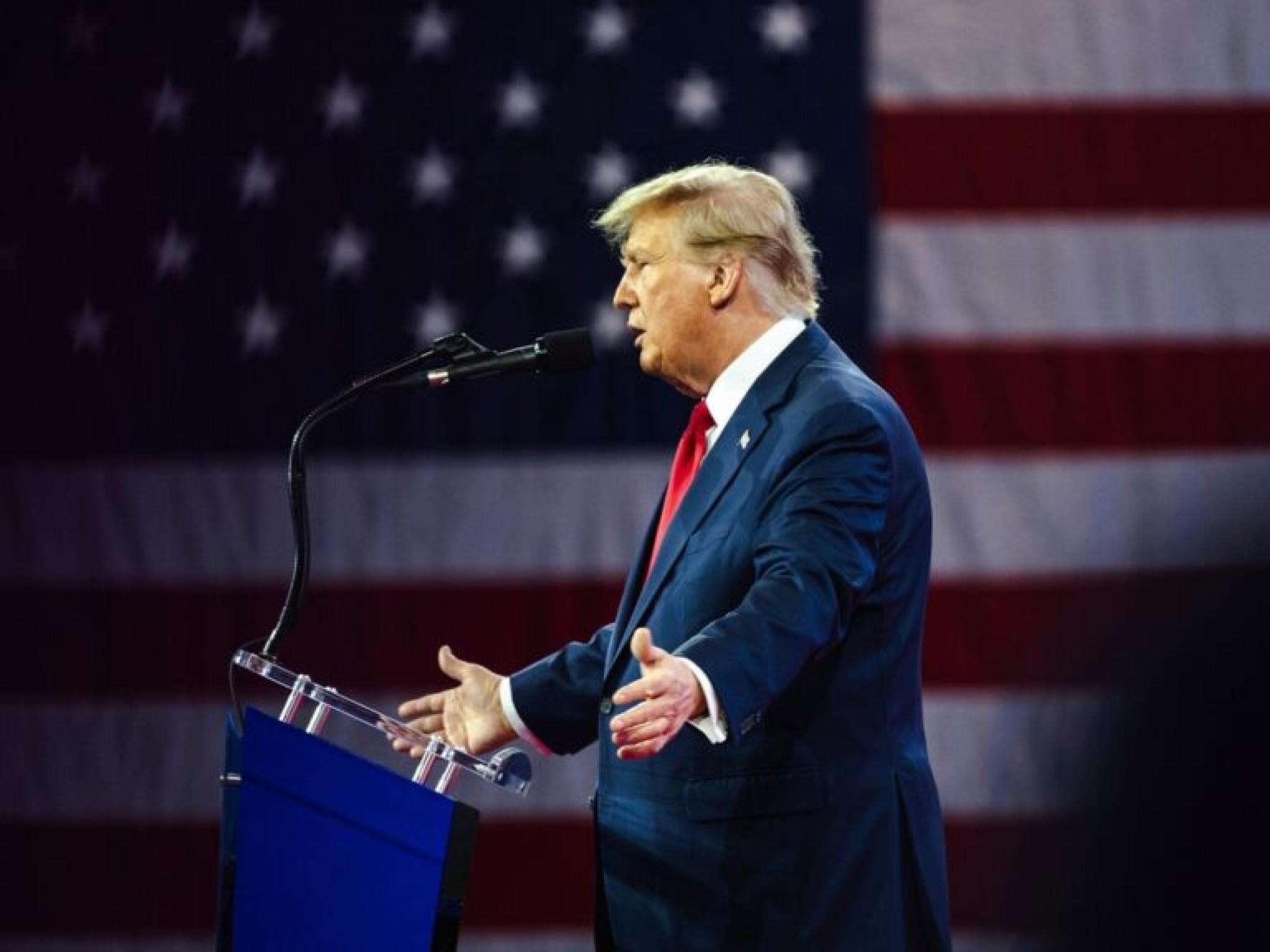
South Korean electric vehicle (EV) manufacturers are reconsidering a substantial $54 billion investment in U.S. battery plants due to potential policy changes under President-elect Donald Trump. Concerns have arisen over the possibility of Trump eliminating tax credits for EVs, which could significantly affect demand and profitability.
What Happened: Some of Tesla’s South Korean rivals have already paused construction on certain projects, as sources familiar with the situation reported. Posco Future M, a supplier for General Motors Co. (NYSE:GM) has delayed the completion of its Quebec plant, citing “local conditions,” Bloomberg reported on Monday.
Kenny Kim, CEO of SNE Research, highlighted that Korean companies are anxious about potential cuts to government incentives. Trump has criticized the Inflation Reduction Act, which supports EVs, and his administration may reduce fuel-efficiency requirements and eliminate a $7,500 consumer-tax credit, according to a Reuters report.
South Korea’s major battery makers, including Samsung SDI, LG Energy Solution, and SK On Co., have announced 15 U.S. battery plants, creating over 20,000 jobs. However, potential policy changes could threaten these investments and the U.S. EV supply chain’s shift away from China. Korean firms are in talks with U.S. authorities to maintain tax credits, crucial for their operations amid declining EV demand and battery prices.
Why It Matters: The potential policy shifts under Trump’s administration have broader implications beyond South Korean investments. The joint venture between Sony Group Corp (NYSE:SONY) and Honda Motor Co Ltd. (NYSE:HMC) is also facing challenges due to anticipated changes in U.S. auto policy. The elimination of the $7,500 EV tax credit could reduce electric vehicle sales by nearly 30%, according to the National Bureau of Economic Research.
Furthermore, Trump’s plans to impose tariffs have already raised concerns in other regions. Mexico expressed apprehension over hosting a Chinese EV factory by BYD due to Trump’s proposed 25% tariff on Mexican goods. These developments highlight the potential ripple effects of Trump’s policies on global EV investments and trade relations.
Read Next:
Disclaimer: This content was partially produced with the help of Benzinga Neuro and was reviewed and published by Benzinga editors.
Image via Shutterstock







